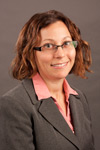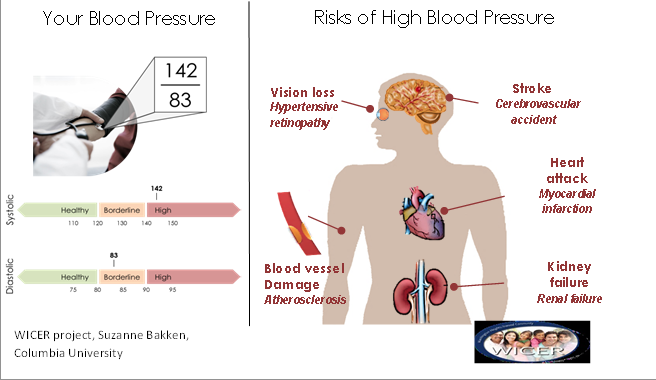
Community Collaborations Director
With the Affordable Care Act and Medicaid expansion in the news, health care is a hot topic these days. Those who work in the field grapple with such large and systemic issues such as cost of care, health disparities, and data sharing and privacy. There are other movements in health care now as well, and a recent conference called Building Bridges, sponsored by the University of Utah and Intermountain Healthcare, aimed to highlight one of these hot topics: integrating communities into health care decisions.
In the keynote presentation, Suzanne Bakken of Columbia University, offered insightful strategies about community engagement in medical research and the importance of two-way communication. How can researchers engage with communities in a meaningful way for both parties? How should researchers and medical staff present their findings back to participating populations? Bakken focused on health literacy – or the lack thereof – in many of our communities, and how this lack of knowledge about health, health services, and health systems can often impede people from accessing much needed care. Working with the WICER (Washington Heights Informatics Infrastructure for Comparative Effectiveness Research) Project at Columbia, Bakken gathered focus groups in Washington Heights, New York to test which visualizations of their health spoke to people and made them more likely to change their behaviors.
Think of it this way: you’re busy and you have information overload. In one email, you receive a 5-page letter describing how to live a healthier life. In a second email, you receive a color diagram of your personalized blood pressure reading and how your high blood pressure could be affecting your vision, your kidneys, or your chances of stroke or heart attack. Which grabs your attention? Which actually has a better chance of getting you to the doctor’s office?
Health Literacy emerged again and again at our South Salt Lake Health Council committee meetings as well. The council, sponsored by Promise South Salt Lake, has three committees. Ours is working on increasing access to health care and health insurance for South Salt Lake residents.
As the folks at Columbia University demonstrated, better information can lead people to make the decision to go to the doctor and take better care of themselves.

